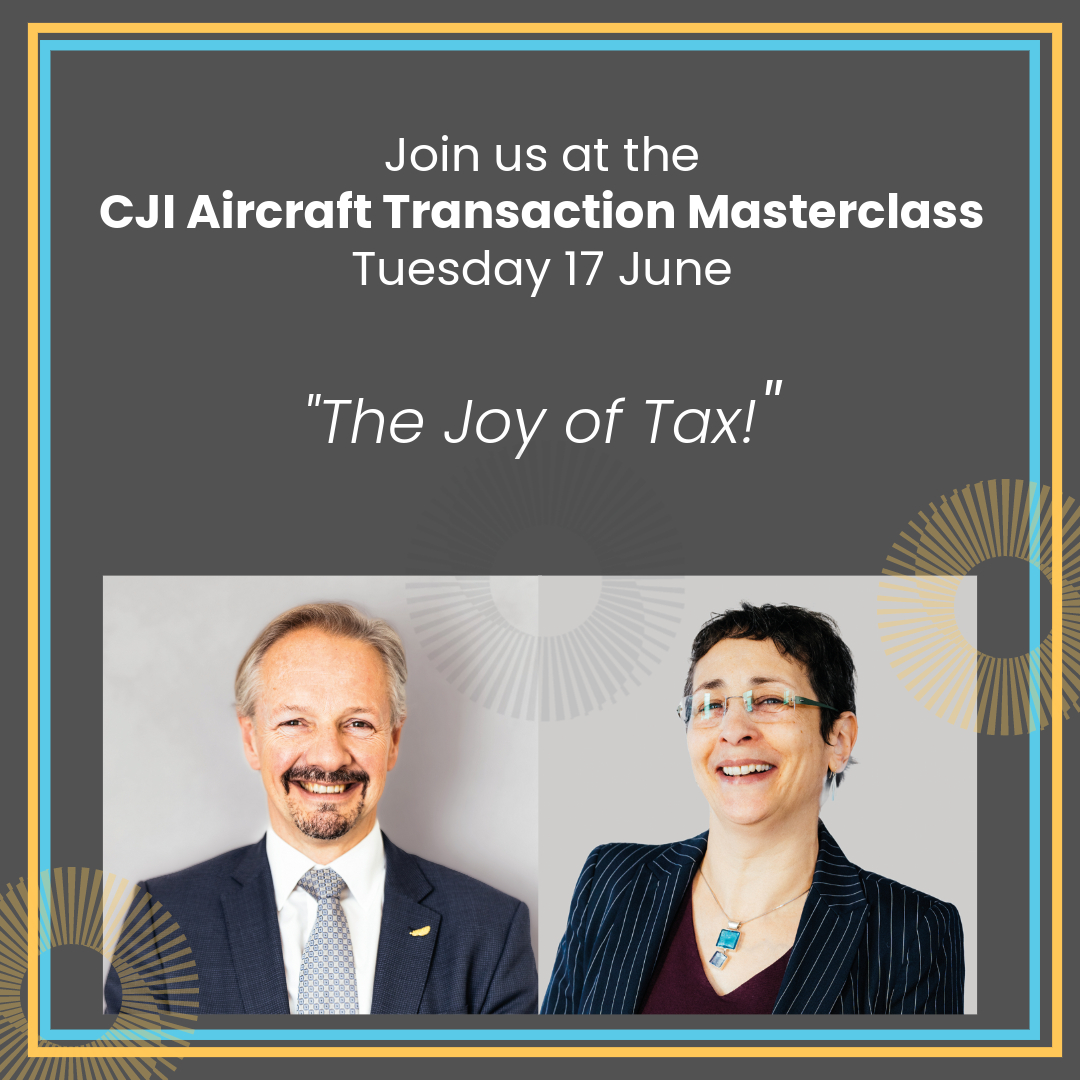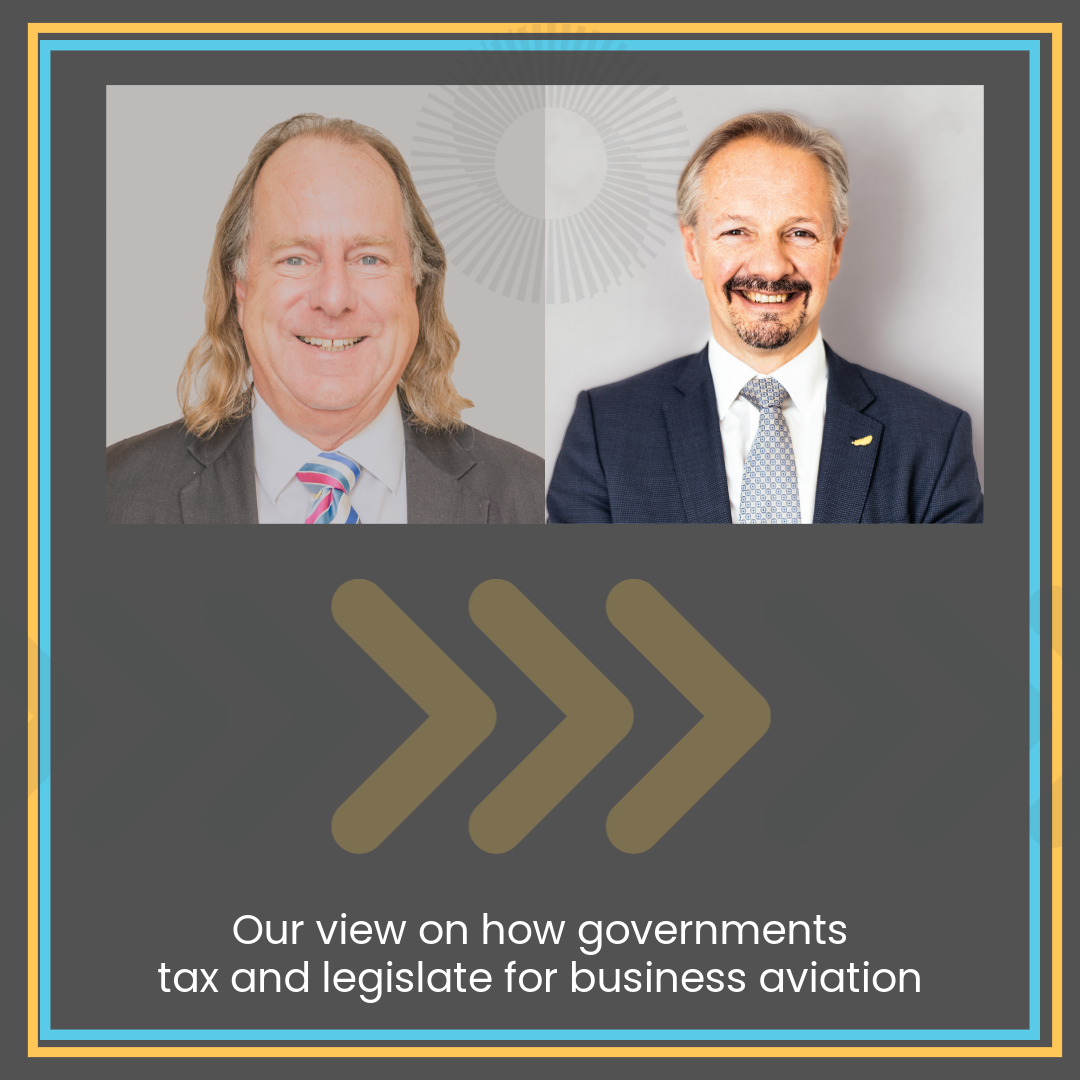Following the departure of the United Kingdom from the European Union, we have been working with aircraft owners and operators to resolve the import issues arising from the two new, separate customs and VAT territories.
Returned Goods Relief
As explained in our article in January 2021, the Returned Goods Relief regime (RGR) is an automatic Customs Duty relief available for previously imported or domestic goods. It allows those goods to return to the relevant Customs territory (whether EU27 or the UK), without the imposition of Customs Duties, including Import VAT.
From the perspective of business aircraft which were previously imported and VAT paid, these aircraft are normally able to leave and return to the original import territory relatively freely under RGR without formal export and re-import requirements (subject to certain conditions). This arrangement allows aircraft to be used for normal travel purposes without undue delay or any additional paperwork.
Developments in an untested area
There are various conditions for RGR to apply, and normally this is a relatively straightforward process. However, the existing rules do not allow for circumstances where as with Brexit the Customs territory of original import is subsequently split into two entirely separate Customs territories.
While RGR has been utilised successfully for some clients in either one jurisdiction or the other, it has become a topic of hot debate whether aircraft owners can claim RGR in in both territories based on a single pre-Brexit EU import. From a tax perspective, it seems appropriate that RGR should only be claimed in one or the other territory; alternative options such as Temporary Admission (TA) or re-import may be required in the remaining territory.
3-year limit on RGR: Any claim to RGR must be made within 3 years of departing the territory you wish to claim it in, subject to all applicable requirements.
Supporting paperwork
This is a complex area of customs and VAT analysis, complicated further by the unusual nature of the circumstances. There has been some guidance provided by HMRC in the UK; in the EU the guidance has been far more limited. Therefore, given the value of the assets involved, our view remains that any claim to RGR must be supported by suitable paperwork that will securely evidence the retention of free circulation status both for the immediate present but also for the future.
It is important to remember that even if an interim solution is clear and coherent, unless the paperwork and decisions are specific, formally recorded and suitably filed, this may leave the aircraft status open to challenge in the future.
Supporting paperwork may mean formalising evidence of movements where such evidence is not normally required, and specific advice should be sought on the circumstances of each aircraft affected in advance. The difficulty is that while both the UK and the EU has provided guidance on the application of RGR in their own territory, they have not agreed an overarching approach on how this should affect aircraft previously imported into the EU when the two territories were combined. Full clarity on the application of RGR for both territories, or on the transfer of RGR rights from one territory to another, may not therefore be settled until guidance is fully established, has been tested in the real world and any resultant VAT assessments and court appeals have been settled; something which may potentially take several years.
Certainty?
There is no certainty for taxpayers seeking to use RGR outside of what might be seen as the home import customs territory. In fact the risk increases when relying on RGR for the alternate Customs territory, rather than more secure options.
The use of RGR will therefore depend on each aircraft s circumstances as well as the risk appetite of the owner/operator. We would only normally recommend that you consider the possibility of the use of RGR where this is reflected by supporting import documentation.
Summary
- Only generic guidance on RGR rules for all types of goods has been provided by the UK and EU27; there is nothing that specifically relates to aircraft.
- RGR has been applied successfully to a limited number of aircraft that meet all the requirements, and where suitable supporting documentation is obtained.
- Some EU member states are taking different views on the requirements for RGR and different interpretations of the guidance.
- The risk of relying on RGR can be mitigated by obtaining suitable tax advice, and by using RGR via EU member states who are reliably clear about their requirements and process.
Given the potential for challenge to the use of RGR we would strongly recommend seeking advice from qualified customs and tax advisers before relying on using RGR for your aircraft.
If you have any questions or concerns, please do not hesitate to contact Heather Gordon at heather.gordon@www.martynfiddler.com.
Following the departure of the United Kingdom from the European Union, we have been working with aircraft owners and operators to resolve the import issues arising from the two new, separate customs and VAT territories.



